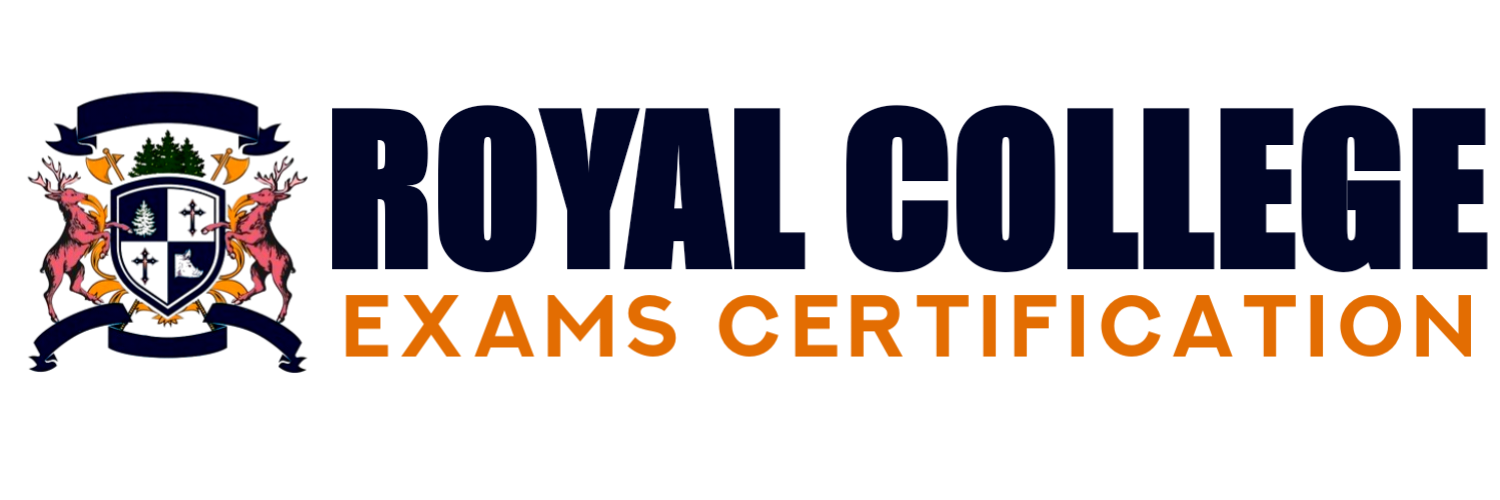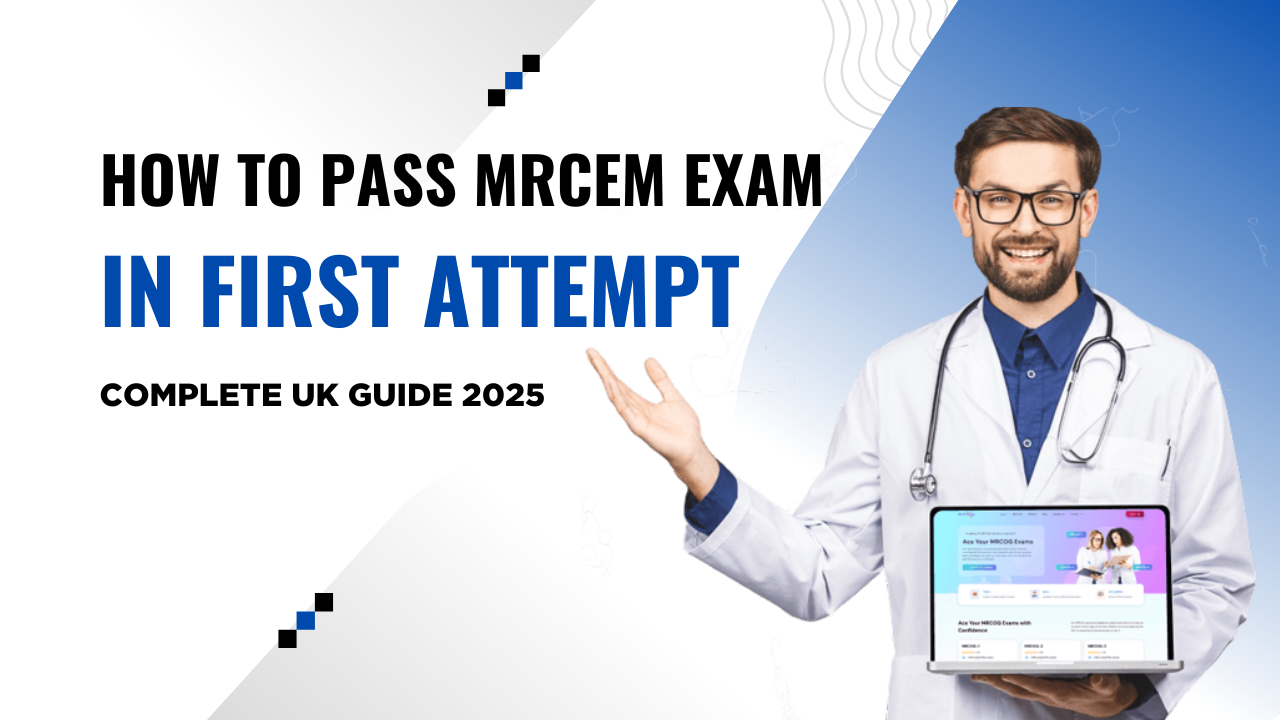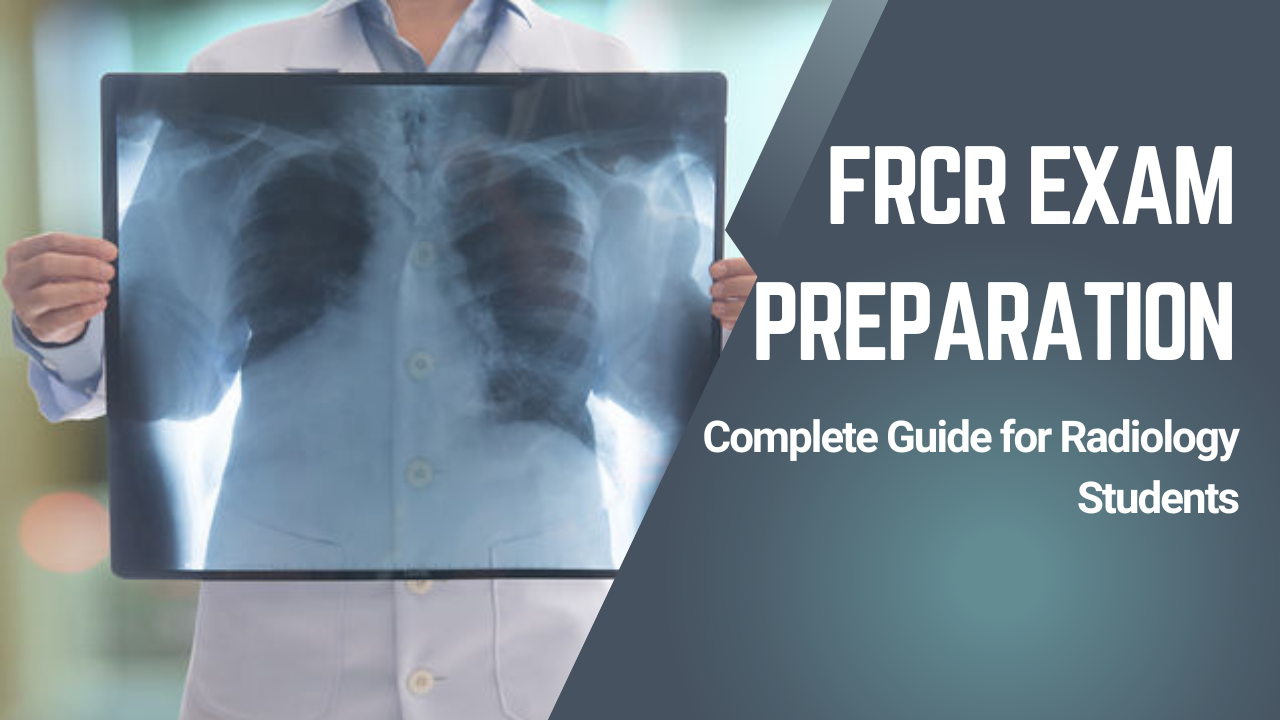The FRCophth (Fellowship of the Royal College of Ophthalmologists) exam is a crucial milestone for ophthalmologists in the UK. Scoring high in this exam can significantly enhance your career opportunities and professional credibility. If you’re preparing for the FRCophth Fellowship, following the right strategies can make a big difference. Here are the Top FRCophth Exam Tips UK tips to help you succeed.
1. Understand the FRCophth Exam Pattern
Before you start preparing, it’s important to understand the FRCophth exam pattern. The exam includes written papers, clinical assessments, and a viva. Knowing the structure and marking scheme will guide your preparation and reduce surprises on the exam day.
2. Create a Practical Study Plan
A realistic FRCophth study plan is essential. Break your syllabus into daily, weekly, and monthly goals. Focus more time on weaker subjects while revising stronger areas regularly. UK candidates often balance textbooks with online ophthalmology resources and past papers for the best results.
3. Focus on High-Yield Topics
Certain areas like retina, glaucoma, cataract, cornea, and ocular emergencies frequently appear in exams. Summarise these high-yield FRCophth topics into concise notes so you can revise quickly before the exam.
4. Practice with Past Papers and Mock Exams
Working through FRCophth past papers is one of the most effective ways to prepare. It helps identify common question styles and improves time management. Many candidates in the UK also take ophthalmology mock exams to simulate real test conditions.
5. Join Study Groups and Forums
Joining a study group can make preparation easier and more engaging. Many UK ophthalmology trainees use discussion forums to exchange notes, share strategies, and practice clinical scenarios together.
6. Strengthen Clinical Skills
The clinical component is a key part of the fellowship exam. Regularly practice patient examinations and case discussions under supervision. Building strong clinical skills will improve both your performance and confidence in the practical section.
7. Master Time Management in the Exam
Managing time well is critical during the FRCophth exam. Practice completing sample questions within set time limits. If you get stuck, move on and come back later — this strategy prevents losing marks on easier questions.
8. Use Online Resources and Mobile Apps
Modern preparation involves more than textbooks. Many candidates rely on FRCophth online resources such as courses, question banks, and even ophthalmology apps for flexible study sessions.
9. Take Care of Your Wellbeing
Good preparation isn’t just about studying. Maintaining physical and mental health is equally important. Balanced sleep, nutrition, and relaxation techniques like mindfulness can reduce exam stress and sharpen focus.
10. Learn from Mentors
Mentorship can give you a big advantage. Senior ophthalmologists and fellows who have passed the exam can share valuable advice and practical strategies. Having a mentor’s guidance can refine your preparation and keep you motivated. Top FRCophth Exam Tips UK
Conclusion
Preparing for the FRCophth fellowship exam in the UK requires discipline, strategy, and consistent practice. By focusing on past papers, high-yield topics, clinical skills, and mental wellbeing, you can maximise your chances of success. Start early, stick to your plan, and use every resource available to achieve your goal.
FAQs about the FRCophth Exam
Q1. What is the FRCophth Fellowship Exam?
It is a fellowship examination by the Royal College of Ophthalmologists in the UK, designed to assess both theoretical knowledge and clinical competence in ophthalmology.
Q2. Who can sit the exam?
Ophthalmology trainees in the UK and international doctors meeting the eligibility criteria can sit the exam. Requirements are listed on the Royal College of Ophthalmologists’ official site.
Q3. How many parts are there in the FRCophth?
The exam has multiple parts including written tests, clinical exams, and a viva.
Q4. What resources are best for preparation?
Candidates usually combine textbooks, online courses, FRCophth question banks, and past papers. Many also join UK-based study groups for support.
Q5. How long should I prepare?
Most candidates prepare for 6–12 months, depending on their background and available time.
Q6. Can international doctors attempt the exam?
Yes. Many international ophthalmologists come to the UK for the exam, and sometimes overseas sittings are arranged.
Q7. How stressful is the exam and how to manage it?
It can be challenging, but techniques like time management, regular breaks, and stress-reduction practices help keep performance high.






